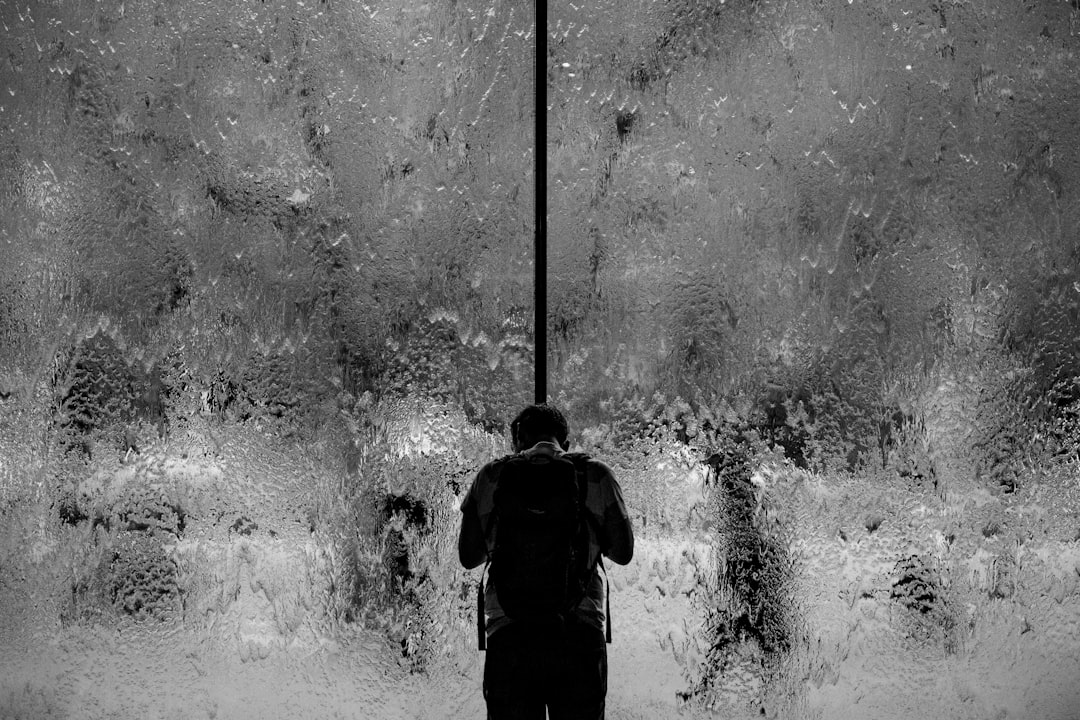September 2: Psalms 42-43
1 Samuel 26; 1 Corinthians 7; Ezekiel 5; Psalms 42–43

These two Psalms could easily be combined into one; perhaps at some point they were. The problem is that the Psalmist’s soul is “cast down” (42:5). So what does he do?
In most of the Psalms, David speaks to God and then, from His being renewed by God, speaks constructively or boldly to others. But when we are fighting depression, loss and despair, we must learn to speak constructively to ourselves. Note the turn, in v. 5: he has taken himself in hand; he’s taken his own soul by the collar, and he now preaches to himself. “Hope in God; for I shall again praise him, my salvation and my God,” he says to himself.
This is crucial when fighting depression. For depression has an odd filter: you hear a pastor preach about grace and hope, and depression says, that’s not for you. Or you read about Israel’s judgment, and you say, Oh that’s definitely for me. Depression is like an evil prism that somehow refracts all the colors of light downwards, in a dark beam of grey.
It is just alright to ask God questions - David plenty often asks, “How long O Lord?” But we resist that dark prism by asking our own soul some questions, too: “Why are you cast down, O my soul, and why are you in turmoil within me? Hope in God; for I shall again praise Him, my salvation and my God” (42:11).
Keep breathing in the promises of God in the Word; keep exhaling out prayer to your God. For you shall again praise Him!

